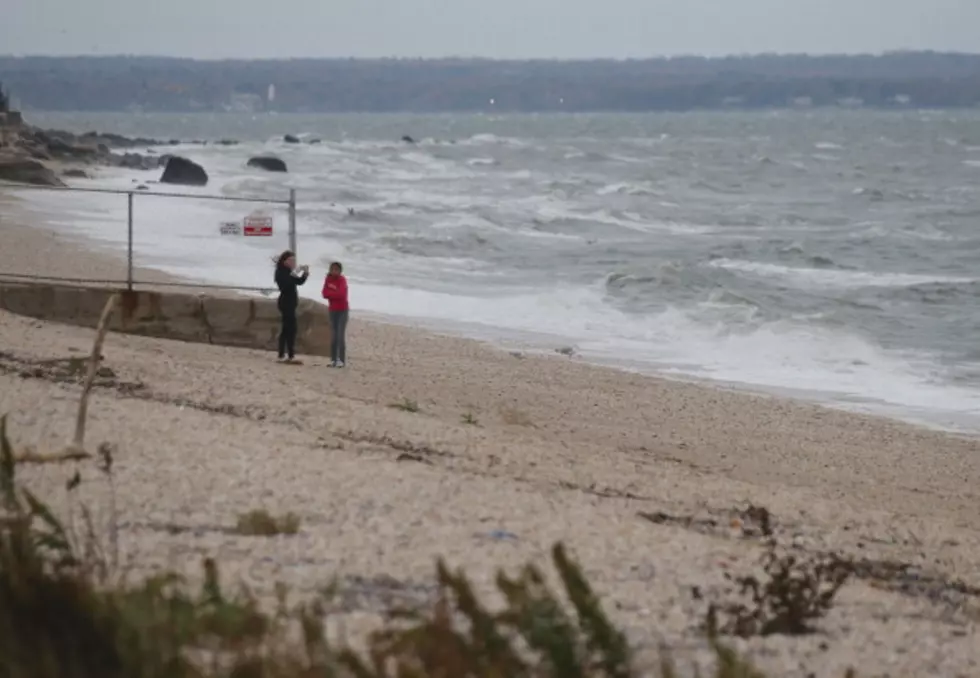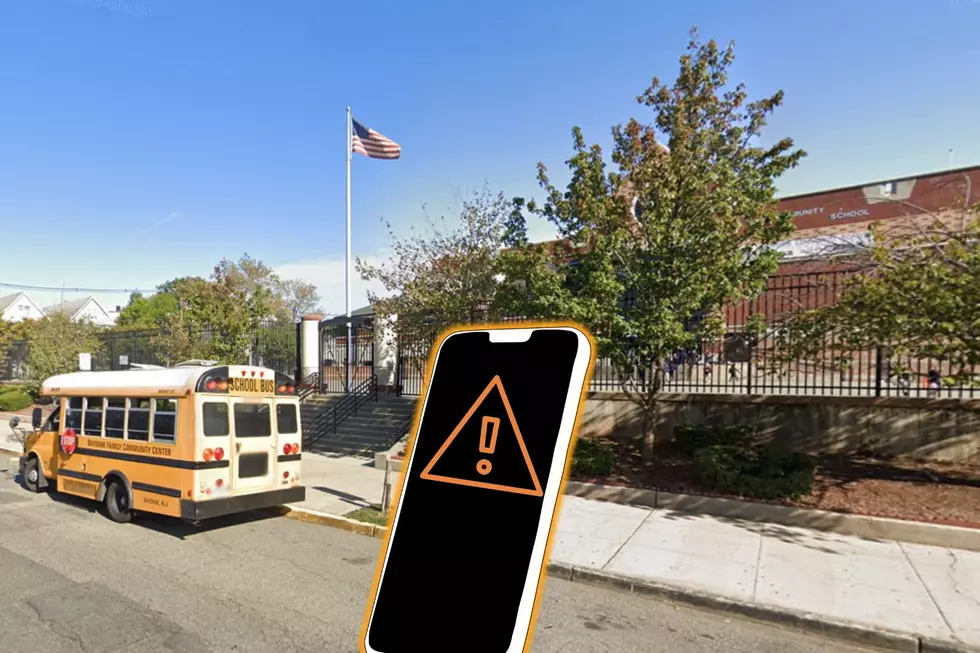
Judge says ocean sound blasts need not be halted
TRENTON (AP) - Scientific research that involves blasting the ocean floor with sound waves can go ahead despite an effort by New Jersey Gov. Chris Christie's administration to halt it, a judge ruled Tuesday.
The project, years in the making, emerged suddenly last week as a major public issue in New Jersey as commercial fishermen and environmentalists spoke up about worries that sea life could be harmed by the project.
The research by scientists at Rutgers University and other institutions is being done with federal funding and from a federal research vessel. It seeks to study sediments that have accumulated at the ocean floor during periods of sea-level change over the last 60 million years. The plan is to complete a three-dimensional map of part of the ocean floor that may offer clues as to what could happen as the ocean rises.
Since July 1, researchers have been using air guns that fire every 5.4 seconds and emit about 250 decibels of sound. The plan is to operate the guns continuously for 30 days along with slightly lower-decibel pings being sent out every second. The researchers have agreed to suspend the blasts when sea mammals are spotted in certain areas.
Reuben Schifman, a U.S. government lawyer, said it is critical to do the research now for logistical reasons. "This is a time when the researchers are available, the boat is available, the weather is favorable, the endangered right whales are not in the area," he told the judge Tuesday.
He also contended there will not be any lasting harms to sea life.
The legal wrangling hinged on procedural issues.
The state government argued the federal government improperly denied its request to comment on the plan in recent months.
But U.S. District Judge Peter Sheridan disagreed Tuesday as he issued a ruling from the bench after a hearing.
He pointed out that the federal government made formal notifications in the last few months that it was considering various permits for the research - and that the state remained silent on them.
"To come forward now at the last minute and say they were denied some process," the judge said, "does not seem to meet the idea here that there was no notice."
While Sheridan declined to halt the project to give New Jersey 30 days to review it, he did agree to suspend it for one day if the state decides to appeal his ruling to a higher court.
Lawyers for the state could not tell Sheridan immediately whether they would appeal.
A U.S. government lawyer said the state had several chances over the last nine years to comment on the blasting plan but never took advantage of it.
The case is also notable for unusual legal alliances. The federal government is speaking on behalf of the state's flagship public university. The state government is on the side of some environmental groups who are frequently deeply critical of it.
(Copyright 2014 The Associated Press. All rights reserved. This material may not be published, broadcast, rewritten or redistributed)
More From New Jersey 101.5 FM









